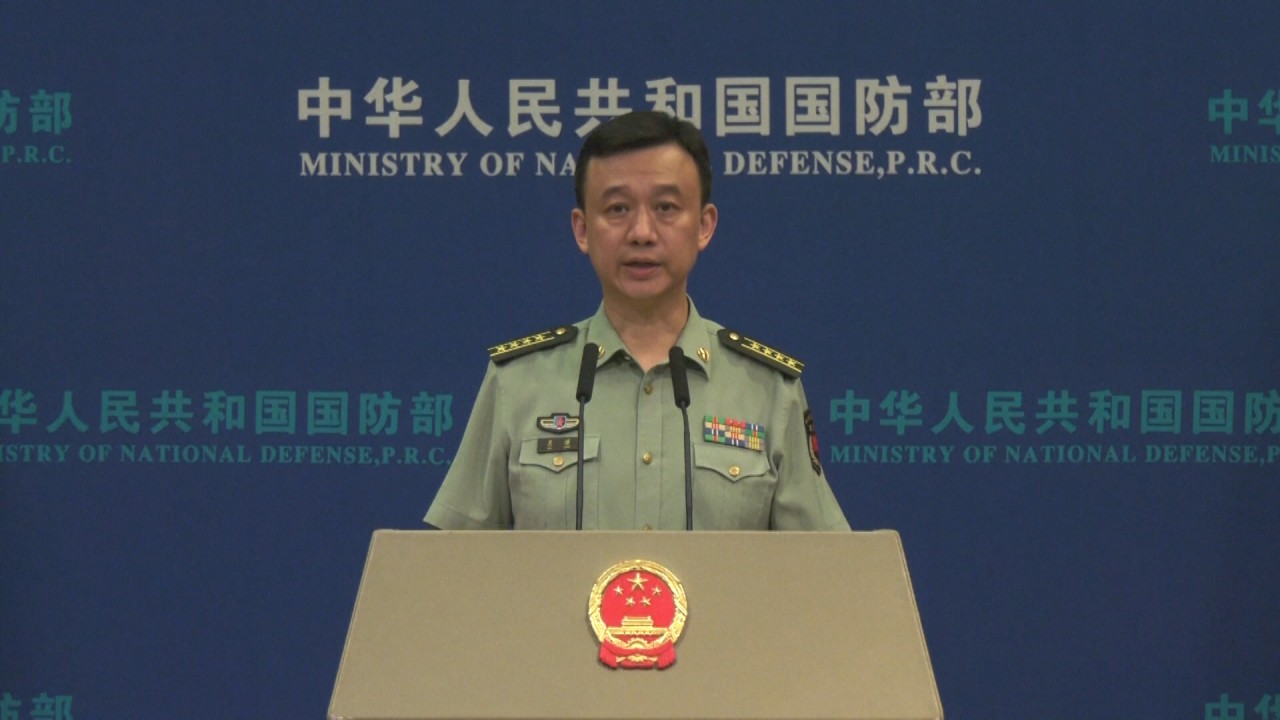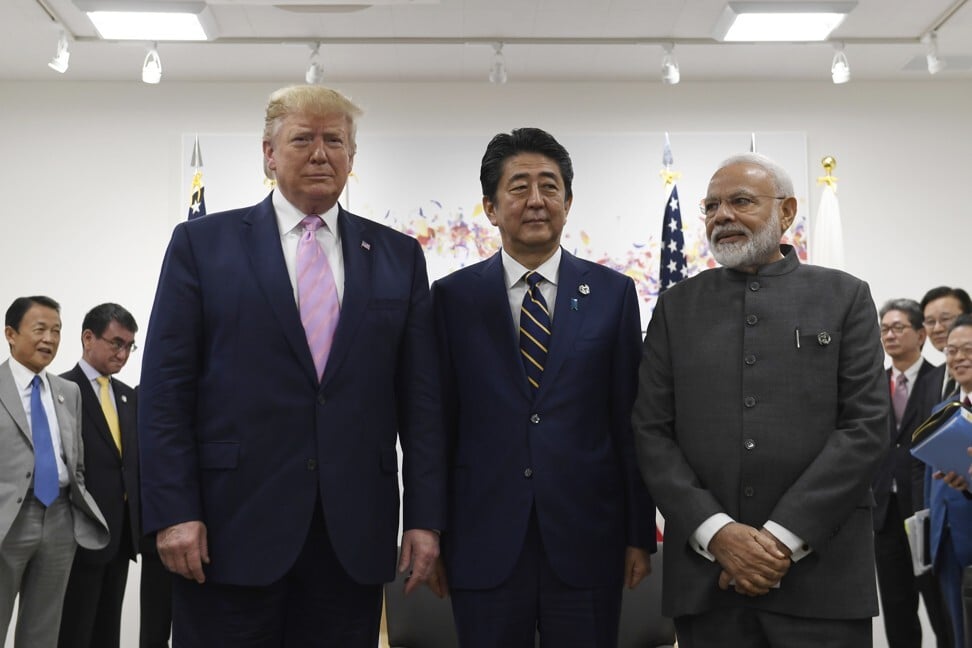
With Shinzo Abe’s resignation, India loses its best friend and ally in Japan
- Under Abe, the biggest champion of relations between the two nations, Japan has become a vital investor in India and a major strategic ally. It will be no easy task for New Delhi to nurture a similar friendship with Abe’s successor
Under Abe, Japan has become a major player in the Indian economy. As India’s third-largest investor, Tokyo has invested more than US$32 billion since 2000. India is a key market for many Japanese companies.
The Japanese economy slumped 7.8 per cent in April-June from the previous quarter. In response to supply-chain disruptions from the coronavirus pandemic, Japan launched a massive stimulus package that included 220 billion yen (US$2 billion) for companies shifting production in China back to Japan and 23.5 billion yen for those relocating China production elsewhere. India is likely to benefit; Japan is reportedly planning a new industrial hub in the northeastern state of Assam.

02:19
Japan’s Prime Minister Shinzo Abe resigns for health reasons
Japan had also been investing in infrastructure development in northeast India – a region off-limits to other countries given its strategic location. This shows the high level of trust in Japan-India relations under Abe.
However, stumbling blocks remain. On the economic front, bilateral trade stood at a meagre US$17.63 billion for the year ended June 30, 2019. In comparison, Sino-Indian trade was US$95.54 billion in 2018.

00:42
China urges Japan to say no to hosting American intermediate-range missiles
Like Abe, Modi has built a good working relationship with US President Donald Trump. Since 2018, Japan, India and the United States have held formal trilateral discussions on the sidelines of the G20 summits.

In a prescient speech before the Indian parliament in August 2007, Abe said: “The Pacific and the Indian Oceans are now bringing about a dynamic coupling as seas of freedom and of prosperity.” As the Indo-Pacific concept gains traction, credit must be given to Abe.
While it will be tough for Abe’s successor to fill his shoes, it will be even harder for New Delhi to find another friend in Japan like Abe.
Dr Rupakjyoti Borah is an associate professor at India’s Sharda University. His forthcoming book is The Strategic Relations between India, the United States and Japan in the Indo-Pacific: When Three is Not a Crowd. The views expressed here are personal

